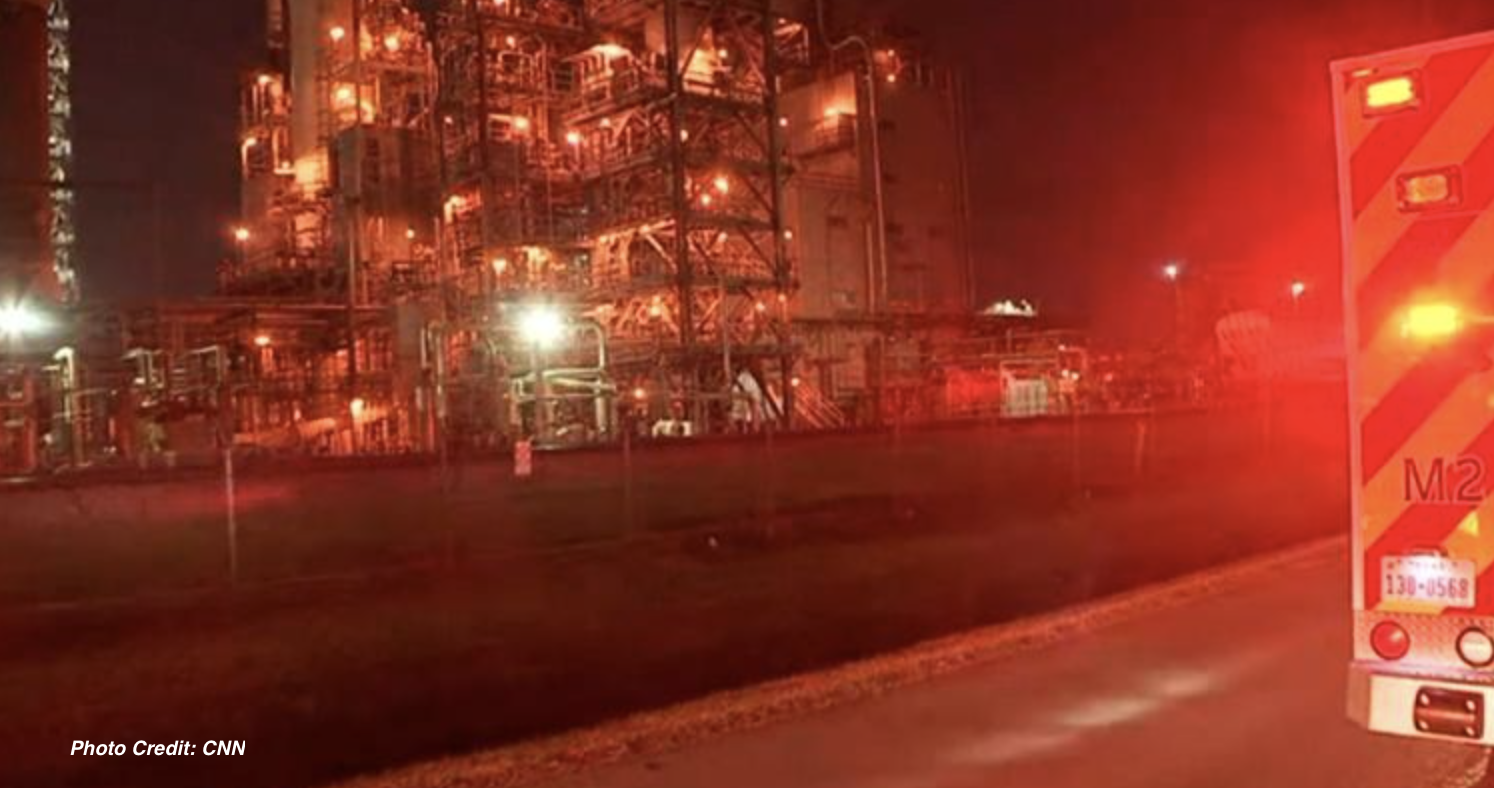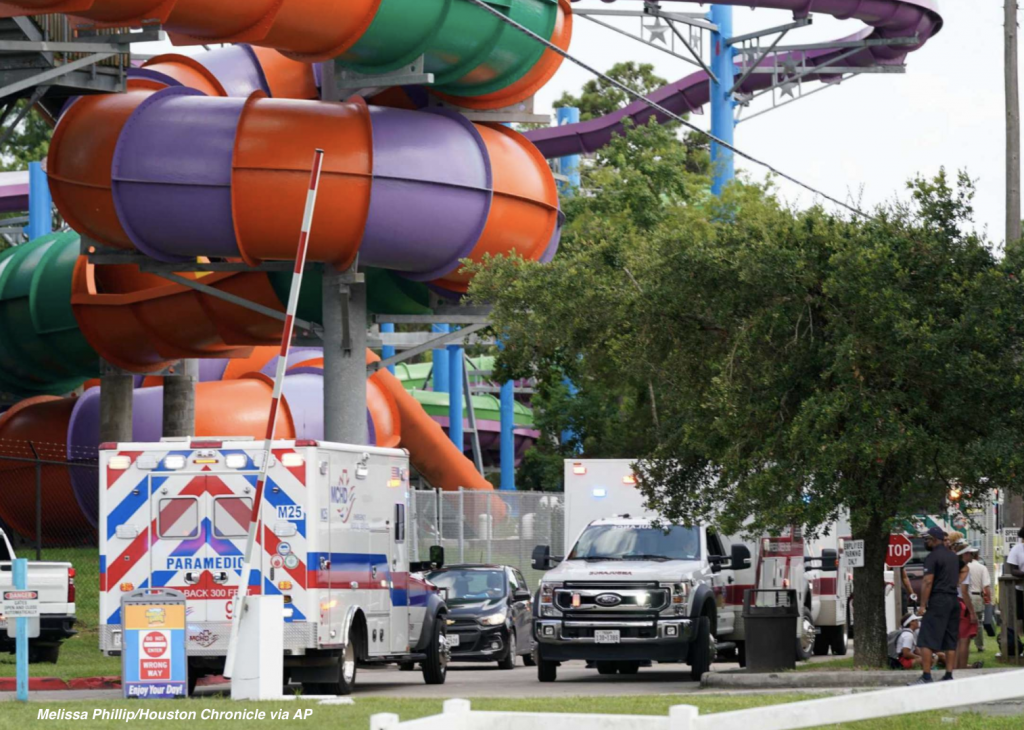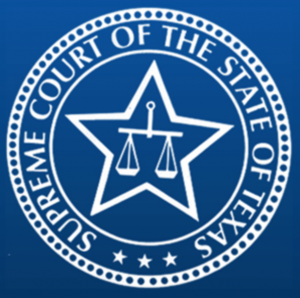 In many situations, those who suffer injuries at a public location because of another’s negligence may claim recovery under Texas’ premises liability laws. However, like most tort laws, premises liability is rife with exceptions and immunity clauses. The exceptions largely hinge on the classification of the property or business owner and the injury victim. As such, these cases tend to be complex and require an extensive understanding of Texas negligence laws.
In many situations, those who suffer injuries at a public location because of another’s negligence may claim recovery under Texas’ premises liability laws. However, like most tort laws, premises liability is rife with exceptions and immunity clauses. The exceptions largely hinge on the classification of the property or business owner and the injury victim. As such, these cases tend to be complex and require an extensive understanding of Texas negligence laws.
Premises liability cases stemming from sporting events, such as baseball games, prove challenging for many accident victims. While many spectators bring a baseball glove in the hopes of catching a foul ball, many do not realize the dangers of a foul ball. However, the Major League Ball (MLB) assumes that spectators understand the potential risk of being struck by a foul ball.
In many situations, spectators can catch a foul ball or avoid serious injuries; however, the force of a foul ball slamming into an unsuspecting fan’s head can have a devastating impact. Spectators can suffer traumatic brain injuries, bruising, broken facial bones, skull fractures, and similar injuries. A foul ball could even kill a spectator. For example, the parents of a young child who was hit by a foul ball at a Houston Astros game finally settled with the team.
 Texas Injury Lawyers Blog
Texas Injury Lawyers Blog



 Texas’ year-round warm climate combined with vast open spaces make the state home to an array of theme parks, amusement parks, and outdoor recreational parks. While these locations are a great place for couples and families to spend a day together, they also pose many risks to park-goers and employees. While serious injuries at a Texas amusement park are uncommon, they occur and can result in lifelong consequences.
Texas’ year-round warm climate combined with vast open spaces make the state home to an array of theme parks, amusement parks, and outdoor recreational parks. While these locations are a great place for couples and families to spend a day together, they also pose many risks to park-goers and employees. While serious injuries at a Texas amusement park are uncommon, they occur and can result in lifelong consequences. The Supreme Court of Texas recently issued an
The Supreme Court of Texas recently issued an  The Supreme Court of Texas recently issued a
The Supreme Court of Texas recently issued a  Many Texas companies hire independent contractors because of their cost-effective nature. With an independent contractor, companies can use the contractor for a particular project when it needs to be done and are free from being tethered to the particular contractor when the work is complete. When a contractor’s actions cause an accident, however, there is a question of liability on the company’s part. Is the contractor or the company responsible? It can often be a complicated question.
Many Texas companies hire independent contractors because of their cost-effective nature. With an independent contractor, companies can use the contractor for a particular project when it needs to be done and are free from being tethered to the particular contractor when the work is complete. When a contractor’s actions cause an accident, however, there is a question of liability on the company’s part. Is the contractor or the company responsible? It can often be a complicated question. Recently, a Texas district court issued an
Recently, a Texas district court issued an  Many Texans spend the majority of their time at work. As a result, San Antonio
Many Texans spend the majority of their time at work. As a result, San Antonio